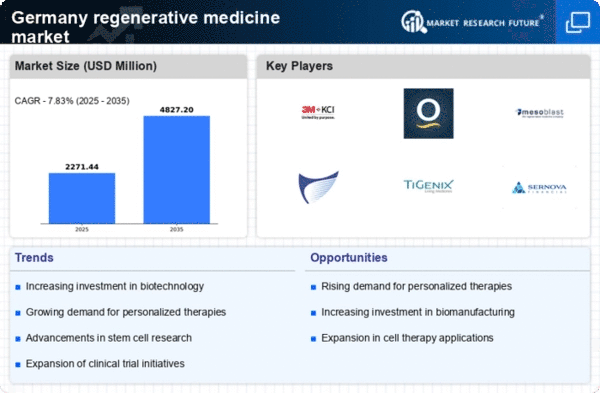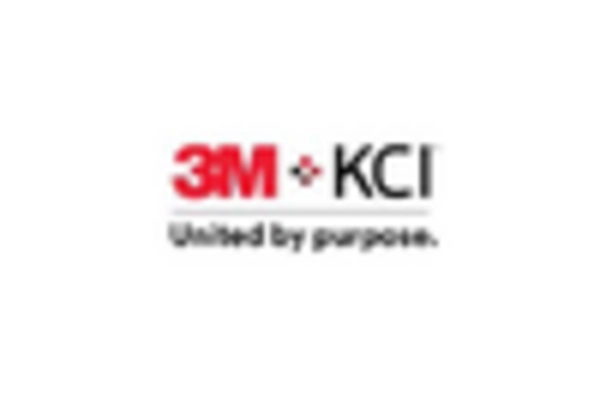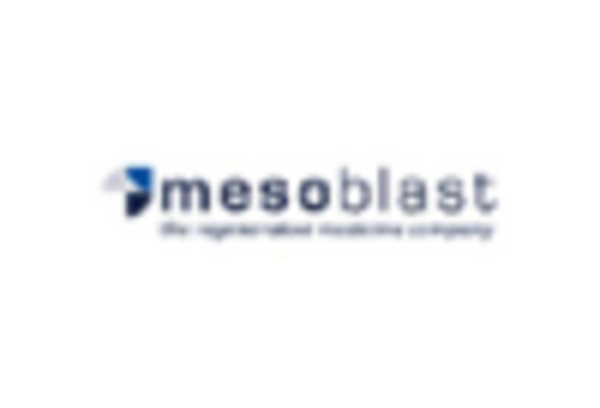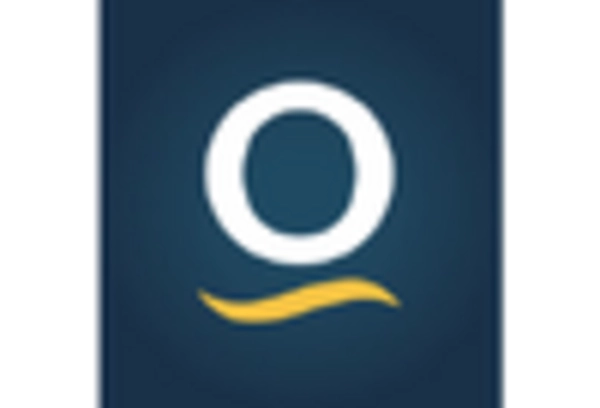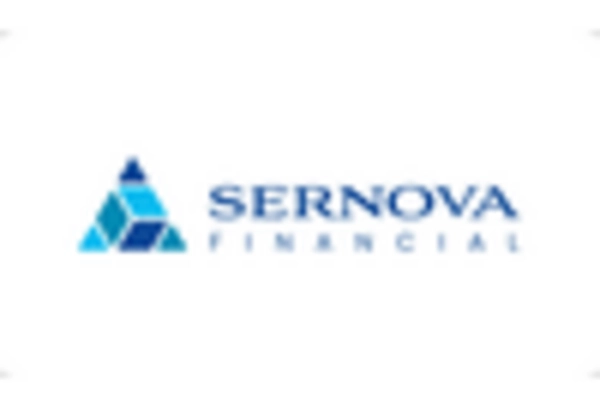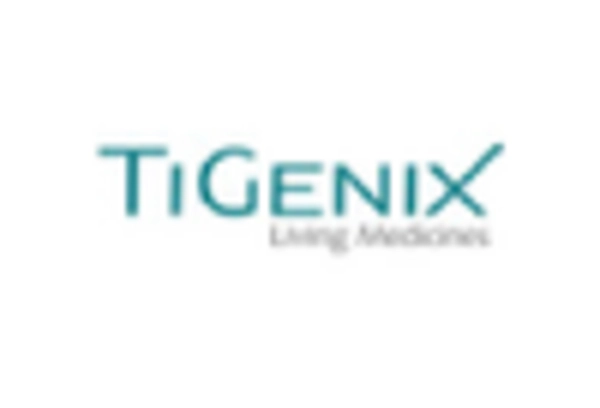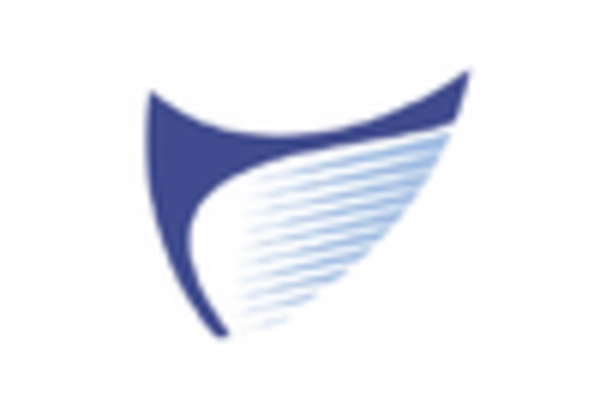Advancements in Stem Cell Research
Advancements in stem cell research are playing a pivotal role in shaping the regenerative medicine market in Germany. The country has established itself as a leader in stem cell technology, with numerous research institutions and universities dedicated to exploring its potential. Recent studies suggest that stem cell therapies could address a variety of conditions, including neurodegenerative diseases and orthopedic injuries. The regenerative medicine market is projected to benefit from these innovations, with an expected growth rate of 10% annually over the next five years. This progress not only enhances treatment options but also attracts investment and collaboration within the sector.
Rising Incidence of Chronic Diseases
The rising incidence of chronic diseases in Germany is significantly impacting the regenerative medicine market. Conditions such as diabetes, cardiovascular diseases, and musculoskeletal disorders are becoming increasingly prevalent, necessitating innovative treatment approaches. The regenerative medicine market is poised to address these challenges by offering advanced therapies that promote healing and tissue regeneration. Current statistics indicate that chronic diseases account for nearly 70% of healthcare expenditures in Germany, underscoring the urgent need for effective solutions. This growing burden on the healthcare system is likely to drive demand for regenerative therapies, positioning the market for substantial growth.
Growing Demand for Personalized Medicine
The regenerative medicine market in Germany is experiencing a notable surge in demand for personalized medicine solutions. This trend is driven by an increasing awareness among patients regarding tailored therapies that cater to individual genetic profiles. As healthcare providers emphasize precision medicine, the regenerative medicine market is likely to expand significantly. According to recent estimates, the market could reach a valuation of approximately €5 billion by 2027, reflecting a compound annual growth rate (CAGR) of around 12%. This growth is indicative of a broader shift towards individualized treatment plans, which are perceived as more effective and less invasive compared to traditional methods.
Increased Government Support and Funding
The German government is actively supporting the regenerative medicine market through various funding initiatives and policy frameworks. This support is crucial for fostering innovation and facilitating clinical trials, which are essential for bringing new therapies to market. Recent government reports indicate that funding for regenerative medicine research has increased by 15% over the past two years, reflecting a commitment to advancing healthcare solutions. Such financial backing is likely to accelerate the development of novel therapies, thereby enhancing the overall landscape of the regenerative medicine market in Germany.
Collaboration Between Academia and Industry
Collaboration between academia and industry is emerging as a key driver for the regenerative medicine market in Germany. Partnerships between research institutions and biotech companies are fostering innovation and accelerating the translation of scientific discoveries into clinical applications. These collaborations often lead to the development of cutting-edge therapies and technologies that enhance patient outcomes. Recent data suggests that such partnerships have increased by 20% in the last three years, indicating a robust ecosystem for regenerative medicine. This synergy is expected to propel the market forward, as it combines academic research with practical applications in healthcare.


